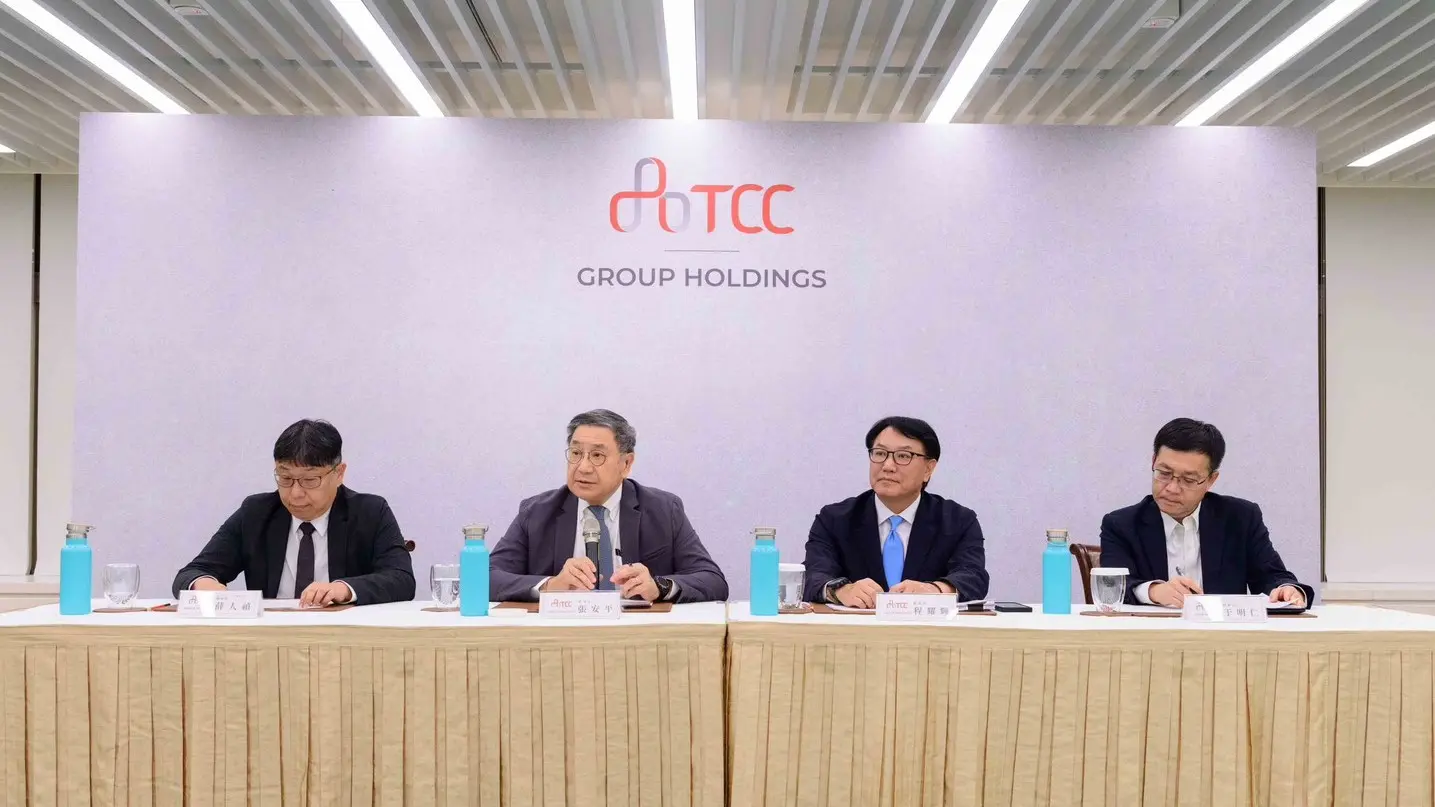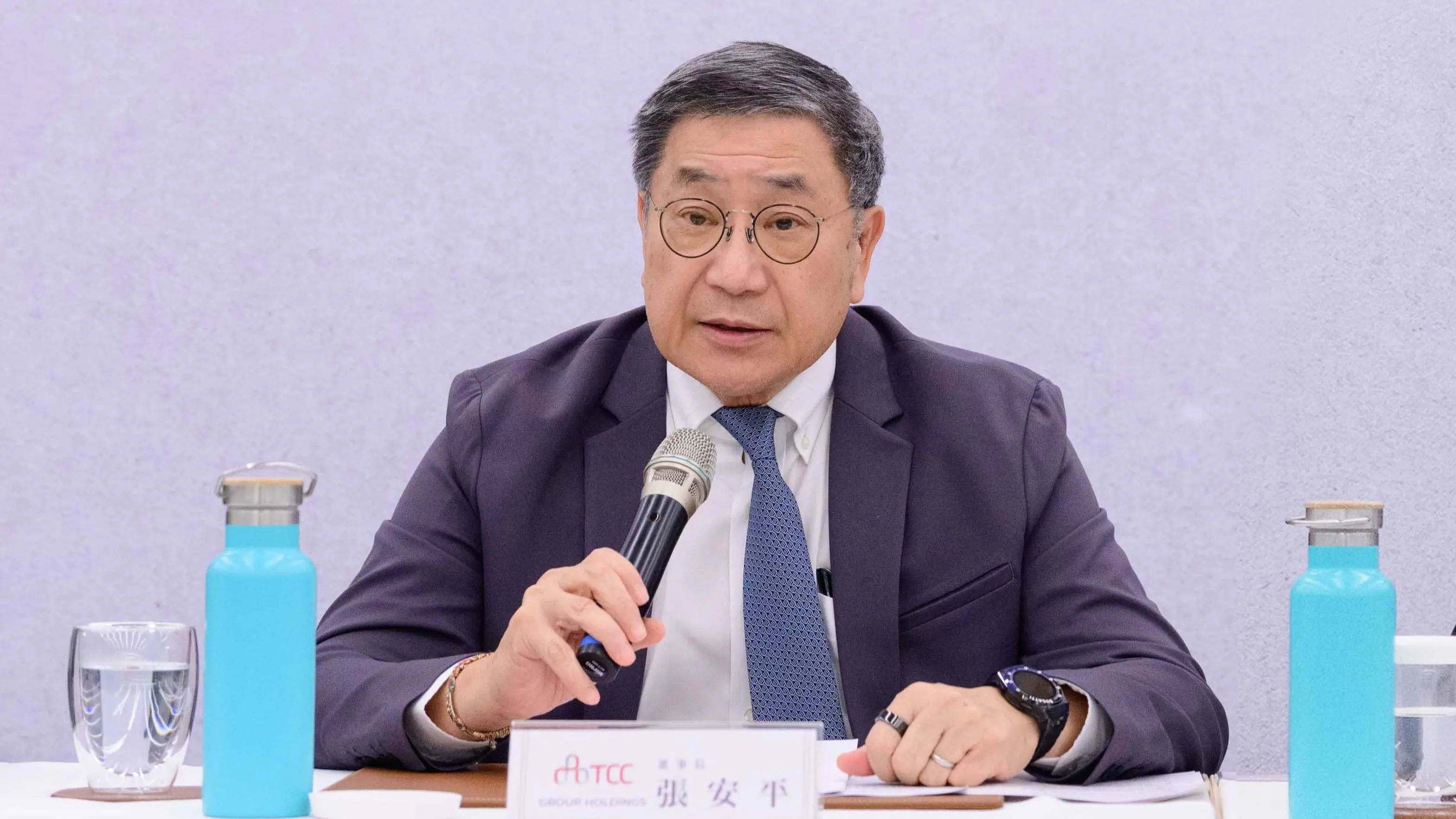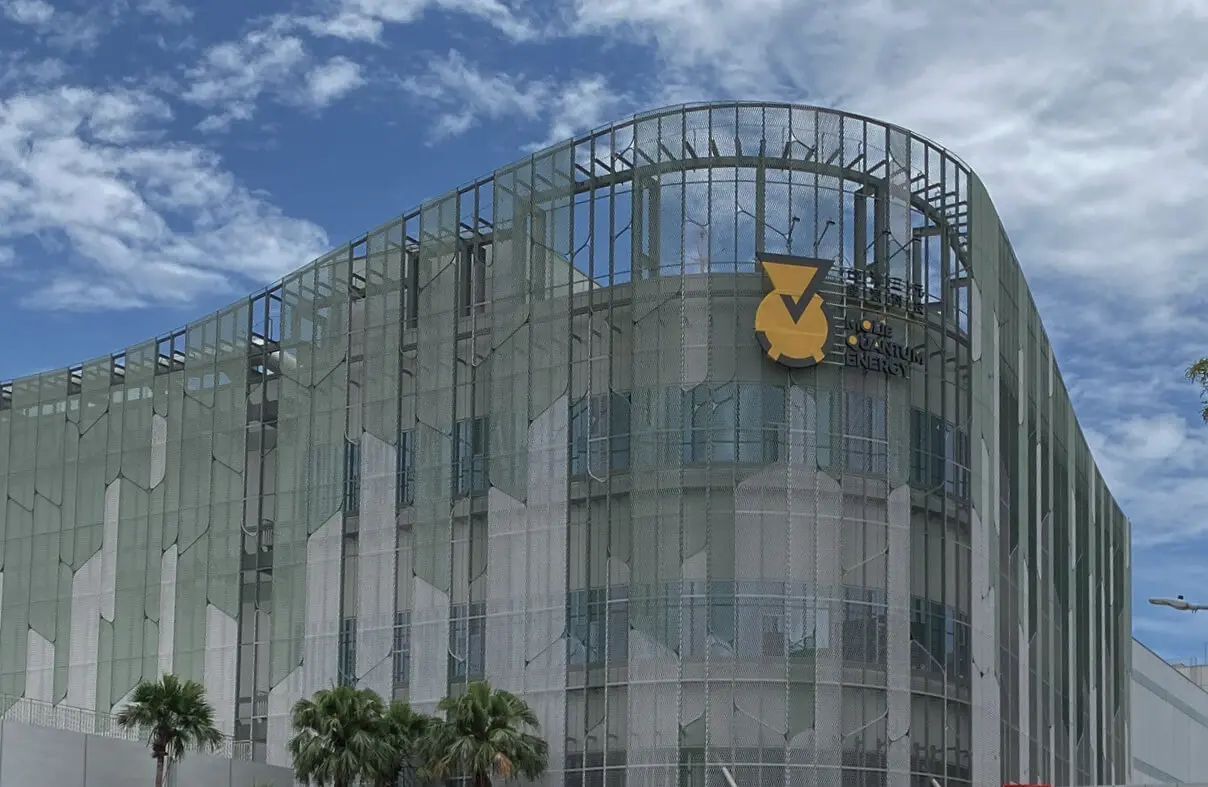TCC Estimates 11 Billion NTD Loss From Kaohsiung MQE Battery Plant Fire; Human Operation or Mechanical Defects Suspected
TCC Estimates 11 Billion NTD Loss From Kaohsiung MQE Battery Plant Fire; Human Operation or Mechanical Defects Suspected
2025.08.13
-
Copied

TCC Group Holdings (TWSE: 1101) today (August 13) released a major announcement regarding the fire incident that occurred on July 14 at lithium-ion battery cell plant operated by its subsidiary, Kaohsiung Molie Quantum Energy Corporation (MQE) battery plant. The company provided details on the internal investigation and the financial impact. TCC's preliminary assessment indicates that the most likely cause of the fire was human operation or mechanical malfunction, which led to thermal runaway in "defective semi-finished products." However, the fire damage was exacerbated because the formation system and its firefighting and monitoring systems—into which TCC had invested 3 billion NTD—failed to operate properly. TCC initially estimates that, after deducting the expected insurance compensation and based on its shareholding ratio, the impact of this incident on TCC's profits is approximately 11 billion NTD. The exact amount of the loss is yet to be determined, but this loss does not involve additional cash outflows. When asked by the media which quarter's financial report would reflect the impact on TCC, Group President Ramon Cheng stated that the specific figures would likely become clearer in the third-quarter financial report; however, it is still unclear how significantly the third quarter's figures will be affected.
The intense heat from the fire destroyed all three computer mainframes of the plant's formation system inside the factory. Since the fire, TCC has devoted over 3,500 hours across business units to continuously review CCTV footage, conduct employee interviews, and apply its deep understanding of the manufacturing process. The preliminary conclusion points to two possible causes of ignition, both involving defective semi-finished battery cells entering the formation area's room temperature aging (RT), resulting in thermal runaway and fire. One possibility is that during the production process, when the inspection method switched from automatic to manual visual inspection, personnel may not have fully adhered to the standard operating procedures (SOP), resulting in collisions or defects going undetected. The other possibility is that mechanical equipment malfunctioned during the automated process, causing collisions during the transfer of semi-finished battery cells, which led to defects going unnoticed. Since the core equipment in the fire zone still needs to be excavated, TCC will continue cooperating with fire investigation authorities to clarify the exact cause.
TCC pointed out that lithium battery cell manufacturing carries an inherent risk of “thermal runaway” globally. Since its establishment, MQE battery plant has implemented fire safety measures that exceed Taiwan's regulatory requirements. In addition to the legally mandated firefighting installations, the company has developed its own firefighting system, including an independent system specifically for the formation area. The plant has successfully passed the fire safety completion inspection conducted by the competent authorities. MQE battery plant employs three layers of firefighting and monitoring systems, including an integrated formation system imported from Japan's Kataoka Manufacturing Co., Ltd. This system offers a comprehensive fire prevention solution, with procurement costs reaching as high as 3 billion NTD.
However, based on on-site video recordings and employee interviews, it was found that at the time of the fire on July 14, when the factory temperature was abnormally high, none of the five activation procedures were triggered. Kataoka's engineers conducted system maintenance at the plant from July 9 to 10, prior to the fire. To protect the interests of the company and its shareholders, TCC has initiated an investigation into the suppliers related to the incident. If any accountability is confirmed, appropriate actions will be taken.
TCC Group Holdings indirectly holds a 78.1% stake in its subsidiary-Molie Quantum Energy Corporation (MQE). Based on preliminary assessments, the total book value of the scrapped plant, equipment, and inventory, together with the currently known demolition and restoration costs, amounts to approximately 16.4 billion NTD. The related assets are covered by property insurance with total coverage of 21.9 billion NTD, and a maximum payout of 3 billion NTD per single incident. After deducting the estimated insurance compensation and calculated according to the shareholding ratio, the preliminary estimated impact of this incident on TCC's profit is approximately 11 billion NTD. The exact loss amount has yet to be determined; however, it does not involve additional cash expenditure. This incident will be reported as a significant subsequent event in the financial statements for the first half of 2025.
More Related Information
-
 2025.08.13Forged Through Setbacks, Keep Moving Forward for Taiwan's Battery Cell Technology
2025.08.13Forged Through Setbacks, Keep Moving Forward for Taiwan's Battery Cell Technology -
 2025.08.13TCC Group Holdings (TWSE: 1101): One-Month Report on the Fire Incident at Molie Quantum Energy Corporation (MQE) Battery Plant
2025.08.13TCC Group Holdings (TWSE: 1101): One-Month Report on the Fire Incident at Molie Quantum Energy Corporation (MQE) Battery Plant -
 2025.07.28Molie Quantum Energy Xiaogang Plant Fire Incident Progress Report (July 14 - July 27)
2025.07.28Molie Quantum Energy Xiaogang Plant Fire Incident Progress Report (July 14 - July 27)


